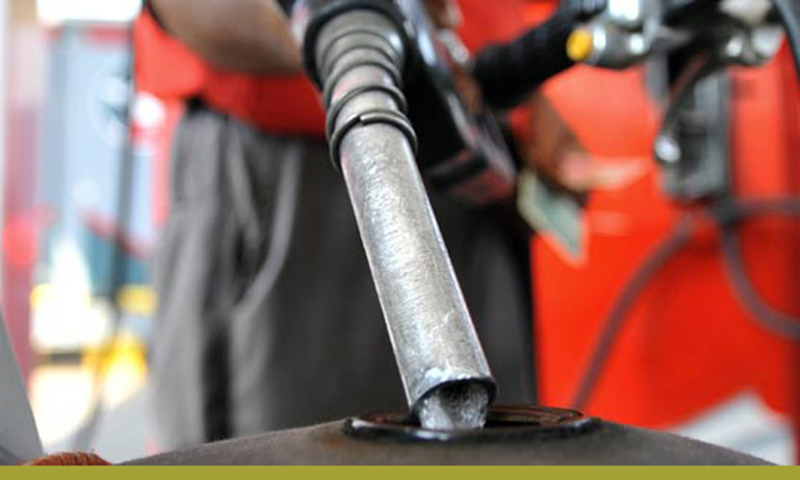Just a few weeks after adjusting to the new prices of petrol, diesel and gas, Nigerians are again faced with a new dilemma, as the price of kerosene skyrocketed to N800 per litre over the weekend.
Investors King recalls that as of last week, kerosene, which is used majorly in the average Nigerian household, was sold at the rate of N700 per litre.
However, a new market survey carried out by Investors King revealed that as of August 2, kerosene was sold between N800 and N850 per litre in some urban parts of Lagos, and in some suburb filling stations, the commodity was sold as high as N1000 a litre.
Speaking on the increment, the National Operations Controller, Independent Petroleum Marketers Associations of Nigeria, IPMAN, Mike Osatuyi attributed the hike in the price of kerosene to the exchange rate.
While noting that Kerosene is a deregulated market, Osatuyi added that the petroleum product is subservient to change as a result of shifts in the market.
He said: “It’s a deregulated market. It is also a function of the dollar to naira rate and the crude price at the international market. Since cooking kerosene is deregulated, prices can go up, it can also come down”.
Similarly, the Executive Secretary, Depot and Petroleum Products Marketers Association of Nigeria (DAPPMAN), Olufemi Adewole, in an interview, disclosed that the ever-increasing exchange rate is one of the reasons for the rise in the price of kerosene.
“Cooking kerosene is deregulated so prices depend on foreign exchange. A dollar is now 700 Naira from 600 Naira just last month, so prices will surely increase”, he said.
Meanwhile, an energy expert, Bala Zakka, attributes the reason behind this continuous sharp price increase to Nigeria’s inability to produce and refine its own petroleum products for local consumption, despite the abundance of crude oil within its borders.
Taking to social media, many Nigerians have continued to complain about the hike in price, as well as the country’s harsh economic situation.
Critics find it more appalling that Ghana which has no oil within its borders, sells kerosene to its citizens at the price of 12.044 GHS, an equivalent of 585 Naira per litre.
To this end, many Nigerians have taken to their social media pages to complain about these hard times.
Investors King gathered that apart from the increment in the price of kerosene, the price of fuel also increased, as a litre is now being sold for N179.
However, if this trend continues, there are indications that feeding might be a challenge for the less privileged.
Recall that in July, the National Bureau of Statics (NBS), in a report, disclosed that the average price of Kerosene rose from 679.54 in May 2022, from 589.82 which it was in April, equating to a 15.21 percent increase.
The report further stated that the average retail price per litre of Household Kerosene paid by consumers in June 2022, increased by 12.09%, while the state profile analysis of average price in May 2022 varied with Enugu ranking first, as the state with the highest paying price of 868.75 per litre for kerosene, while other states juggled between N558 and N700 per litre.

 Forex3 weeks ago
Forex3 weeks ago


 Naira2 weeks ago
Naira2 weeks ago
 Billionaire Watch2 weeks ago
Billionaire Watch2 weeks ago




 Naira2 weeks ago
Naira2 weeks ago




 Naira4 weeks ago
Naira4 weeks ago




 Naira2 weeks ago
Naira2 weeks ago


 Naira1 week ago
Naira1 week ago
 Banking Sector4 weeks ago
Banking Sector4 weeks ago






















